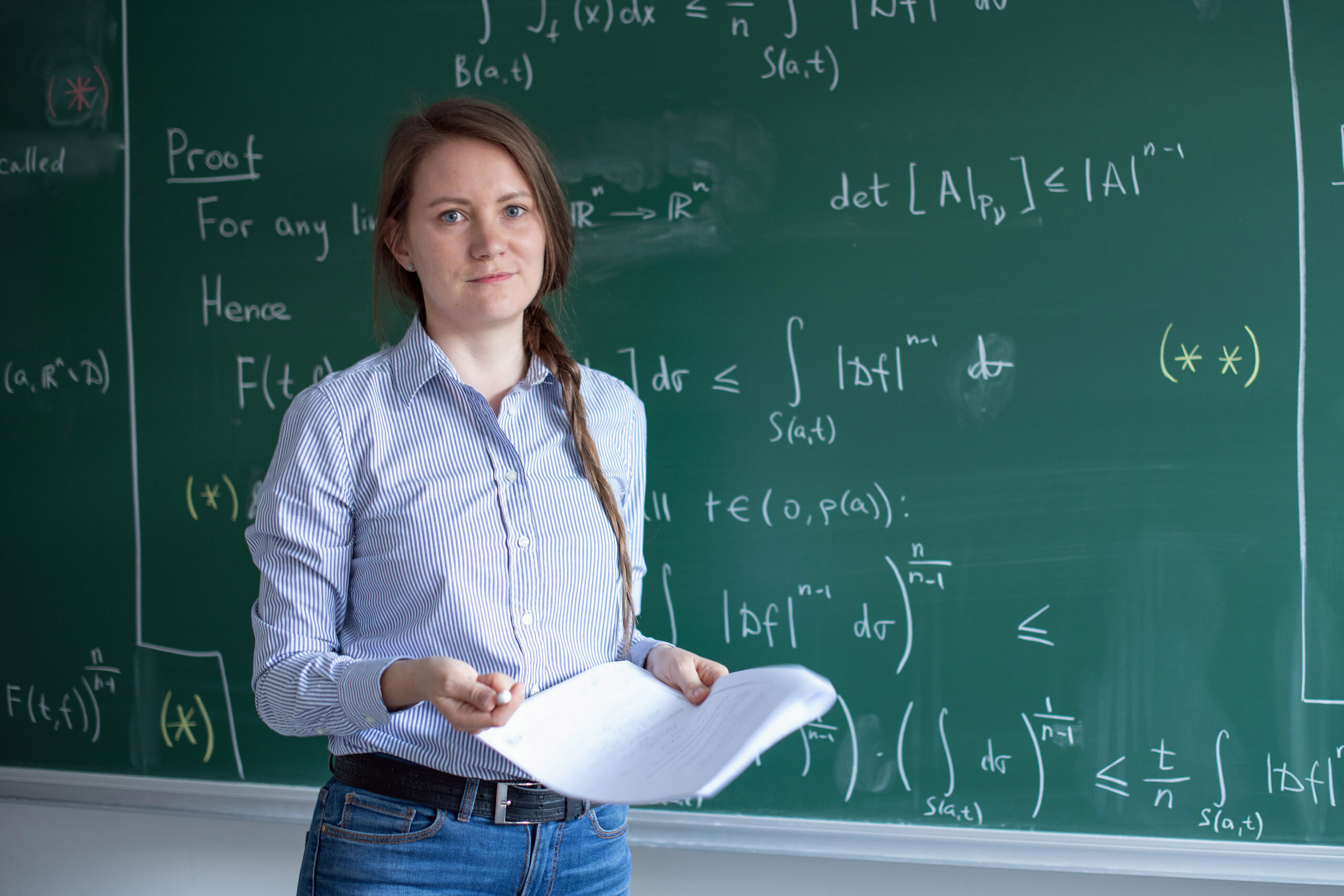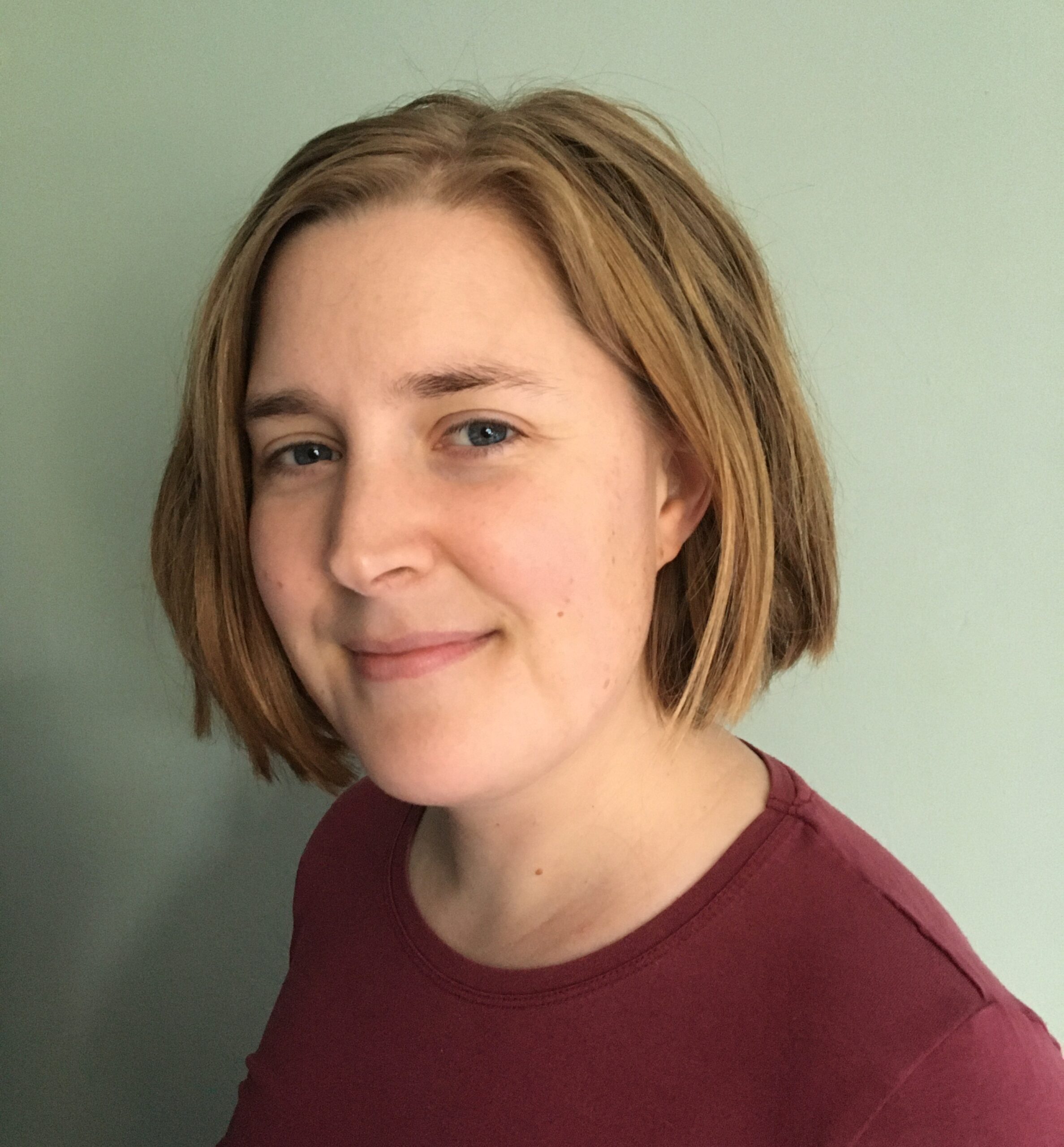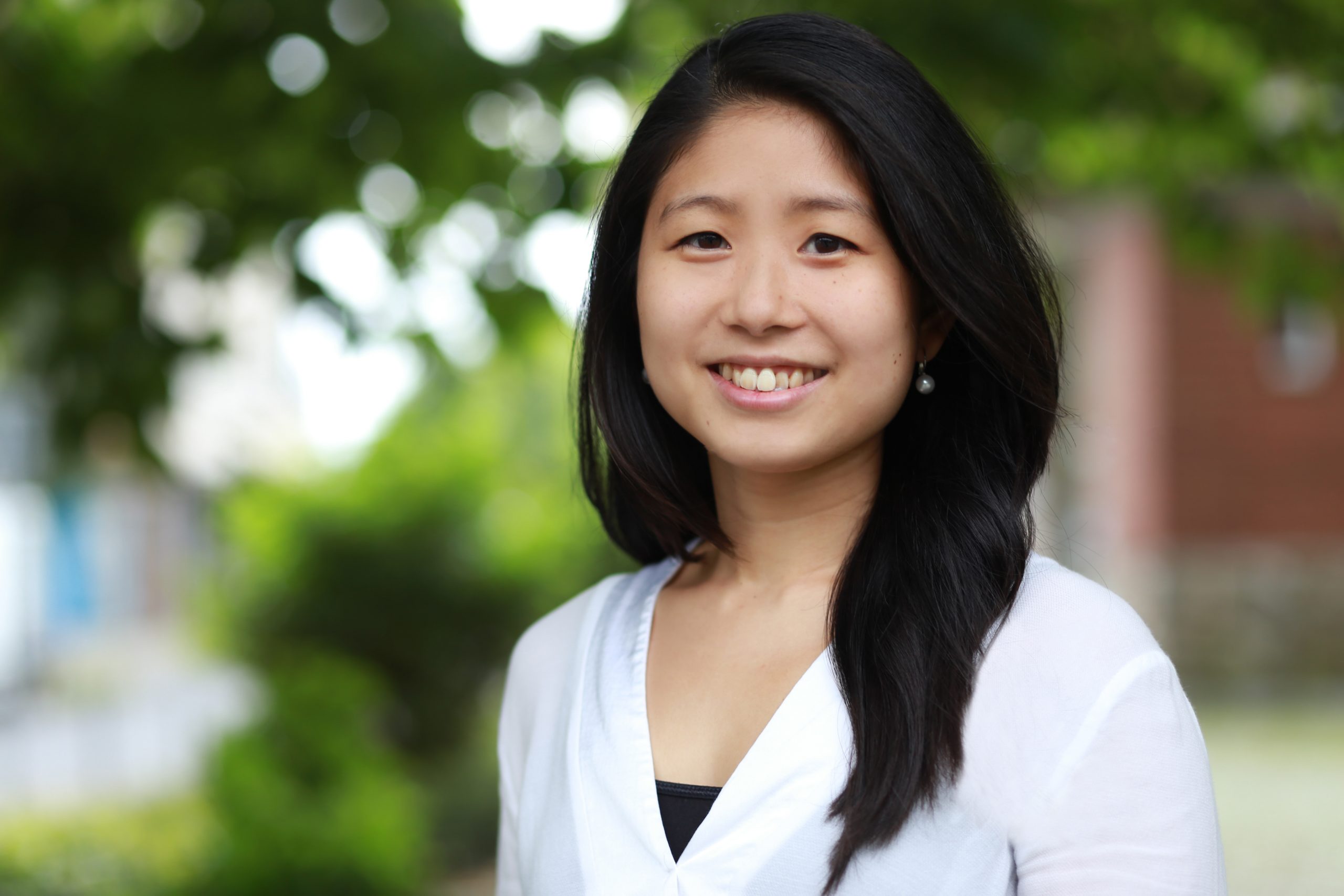Born in Siberia, Russia • Birth year 1989 • Studied Mathematics at Novosibirsk State University in Novosibirsk, Russia • Highest Degree PhD (Candidate of Science) in Mathematics • Lives in Vienna, Austria • Occupation REWIRE Research Fellow (Postdoc) at the University of Vienna
My path in mathematics was both easy and challenging at the same time. Coming from the distant town of Oljokminsk in Yakutia (it is a north-eastern part of Siberia), with a population of less than 10,000 and no neighboring cities within a 500 km radius, I was fortunate to have a supportive family, teachers, and colleagues who guided me along the way.
(…) An unexpected phone call brought a life-changing invitation — an opportunity to attend a summer school 600 km away from my home (…)
My love story with mathematics began in primary school when a wise teacher recognized my hidden potential and offered me additional classes designed for the brightest students, even though I was not among them. Then, during middle school, my math teacher encouraged me and other talented students to participate in numerous math competitions, where we submitted our solutions by post. Thanks to this, at the age of twelve, an unexpected phone call brought a life-changing invitation — an opportunity to attend a summer school 600 km away from my home in the regional center, Yakutsk. The journey from Oljokminsk to Yakutsk is usually far from being easy. You need a plane ride, a 12-hour ship journey in the summer, or a more than 12-hour car ride during winter (once such a winter trip took me three days due to harsh weather conditions!). Nonetheless, my parents didn’t hesitate for an instant and supported me wholeheartedly.
(…) Mathematics was never a subject that came effortlessly to me; it constantly pushed me beyond my comfort zone
Arriving at the summer school, reality fell short of my grand expectations. I discovered that I was not the top student among my peers, and my vulnerabilities as a teenager made me an easy target for bullies. However, amidst these trials, a remarkable teacher from St. Petersburg entered my life, seeing a glimmer of potential within me. And so, I got invited to join another summer school in St. Petersburg. At that moment, my obsession with mathematics was ignited, and I knew without a doubt that I wanted to pursue a math program at the university.
In my research field, Applied Analysis and Modelling, I have been fortunate to collaborate with passionate individuals who foster a culture of friendship and support. And this unwavering support continues to inspire me, though I encountered numerous obstacles throughout my academic journey. Indeed, mathematics was never a subject that came effortlessly to me; it constantly pushed me beyond my comfort zone. While I excelled in my university studies, the research realm presented its own challenges during my PhD and postdoc. Thus, I have to admit that I often made “easy choices” to maintain a straightforward career path, which makes me sometimes wonder if I was truly choosing mathematics or was simply afraid of change.
(…) I believe that with our collective efforts, we can inspire a generation of aspiring mathematicians, cultivating a system that celebrates the brilliance and potential in every individual
Reflecting on my experiences, I have realized that my struggles lay not only within myself but also within the academic system. The unrelenting pressure to prove one’s worth affects your mental well-being. Receiving numerous rejections makes you question your abilities and leaves you feeling inadequate. Moreover, the “bottleneck” effect in academia — a surplus of opportunities for pursuing PhD and postdoc positions but limited permanent positions available — creates an atmosphere of uncertainty and instability in your life. And my hope here is that we, people in academia, can unite and strive for positive change to cultivate an academic environment that nurtures creativity, inclusivity, and fulfillment.
My journey through mathematics has taught me invaluable lessons in resilience, perseverance, and the power of a strong support network. I can proudly say that each challenge of my path has shaped me into the person and mathematician I am today. I maintain an unwavering optimism about the future of academia. And I believe that with our collective efforts, we can inspire a generation of aspiring mathematicians, cultivating a system that celebrates the brilliance and potential in every individual.




Recent Comments